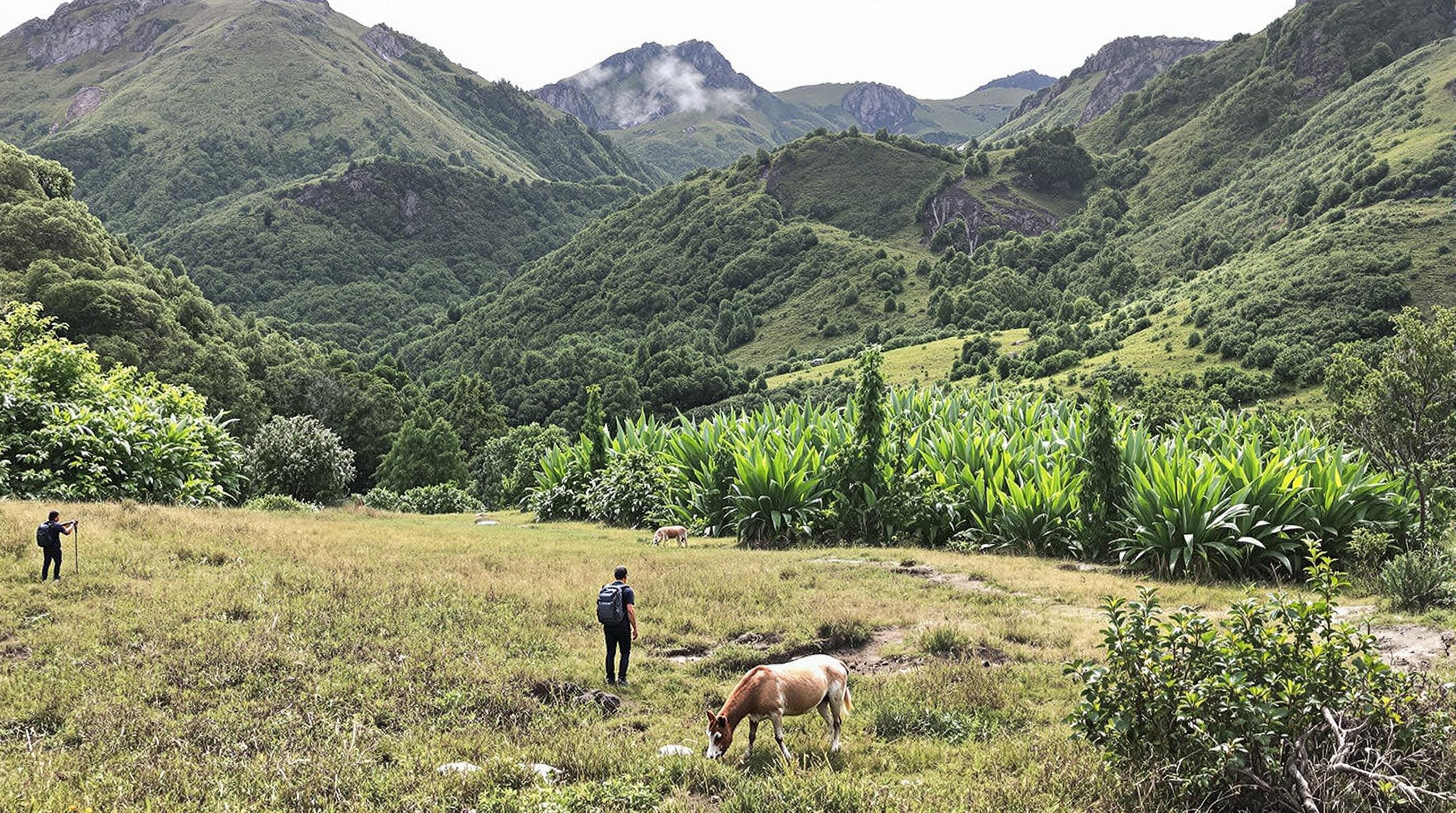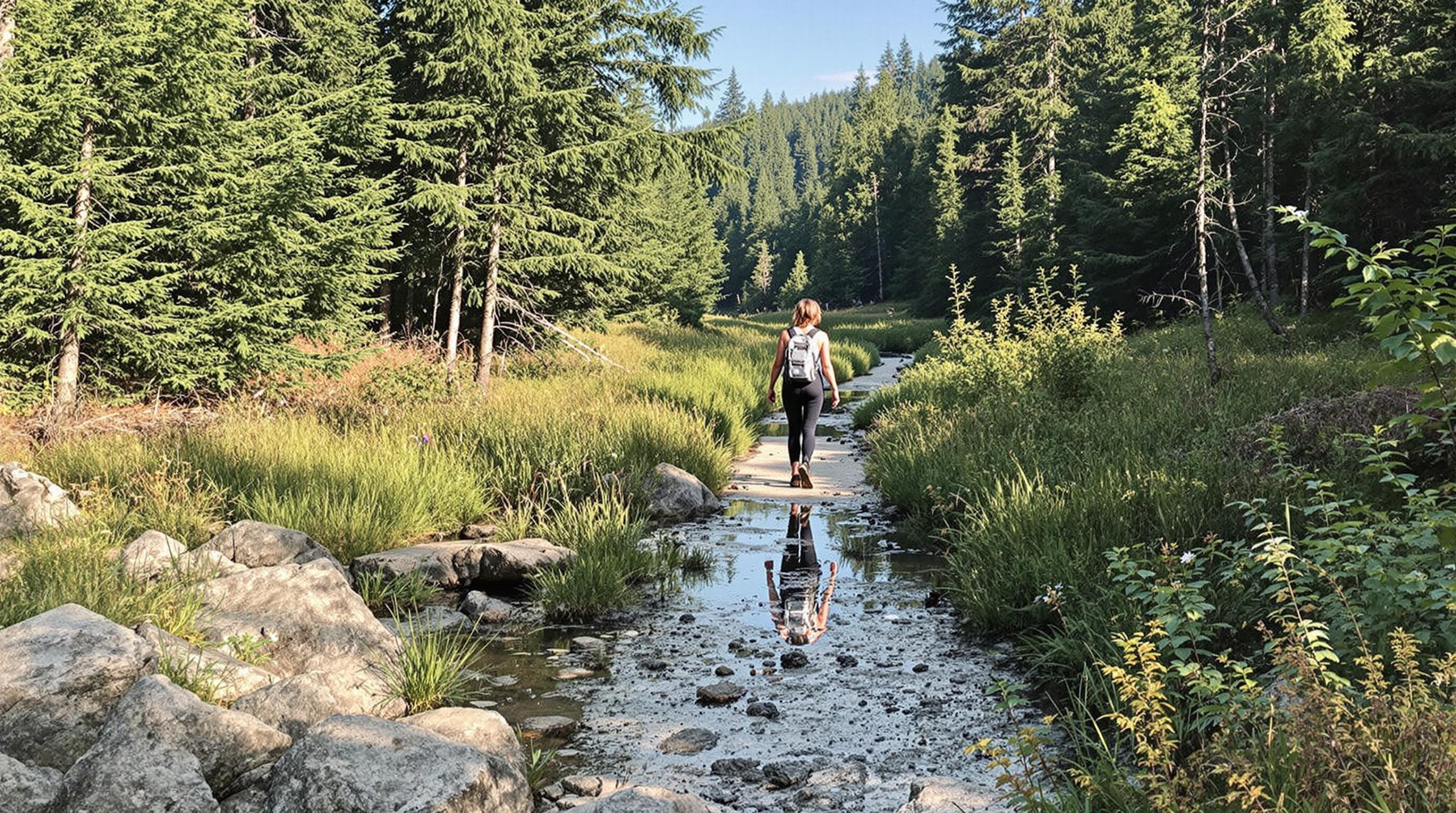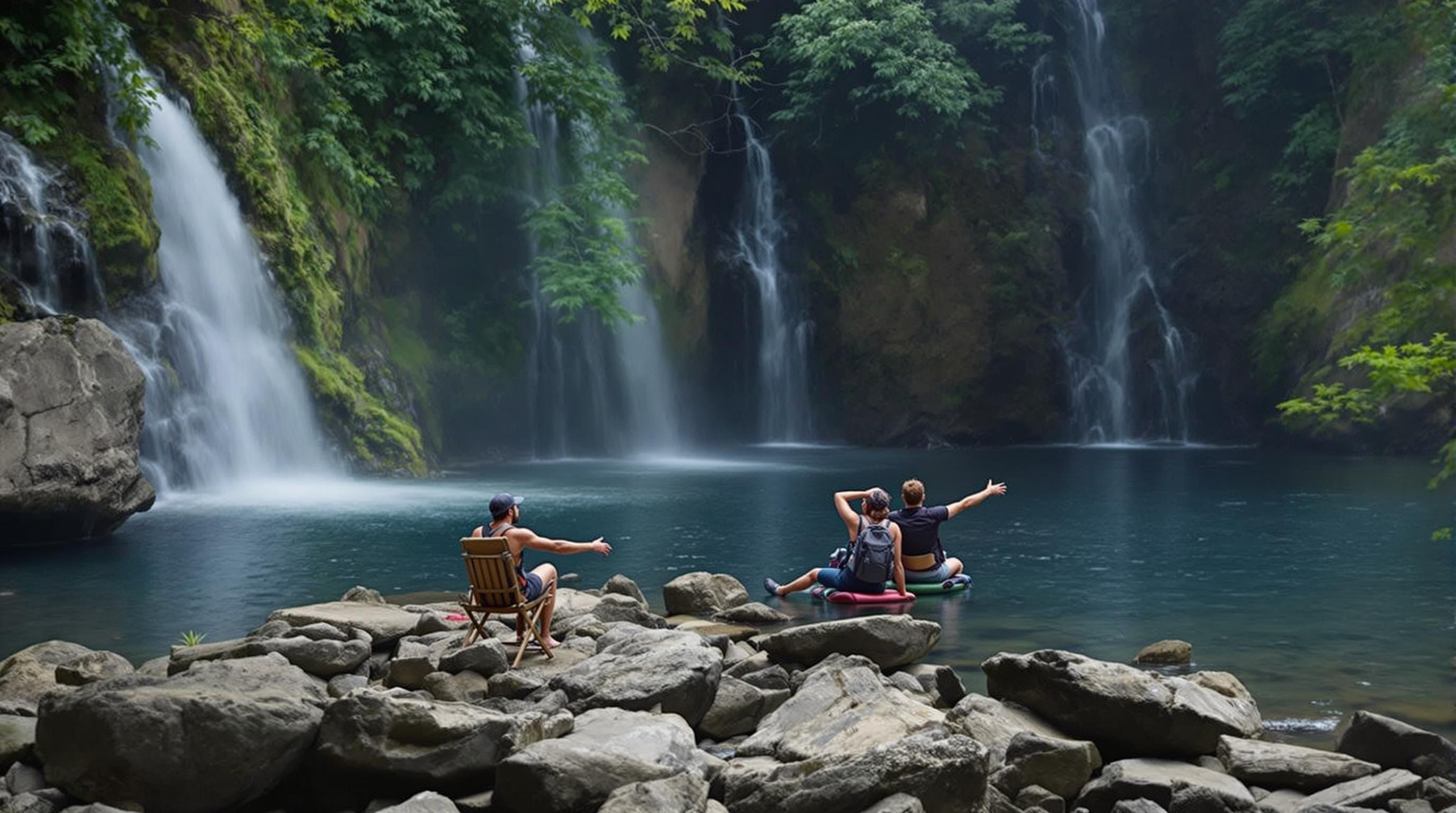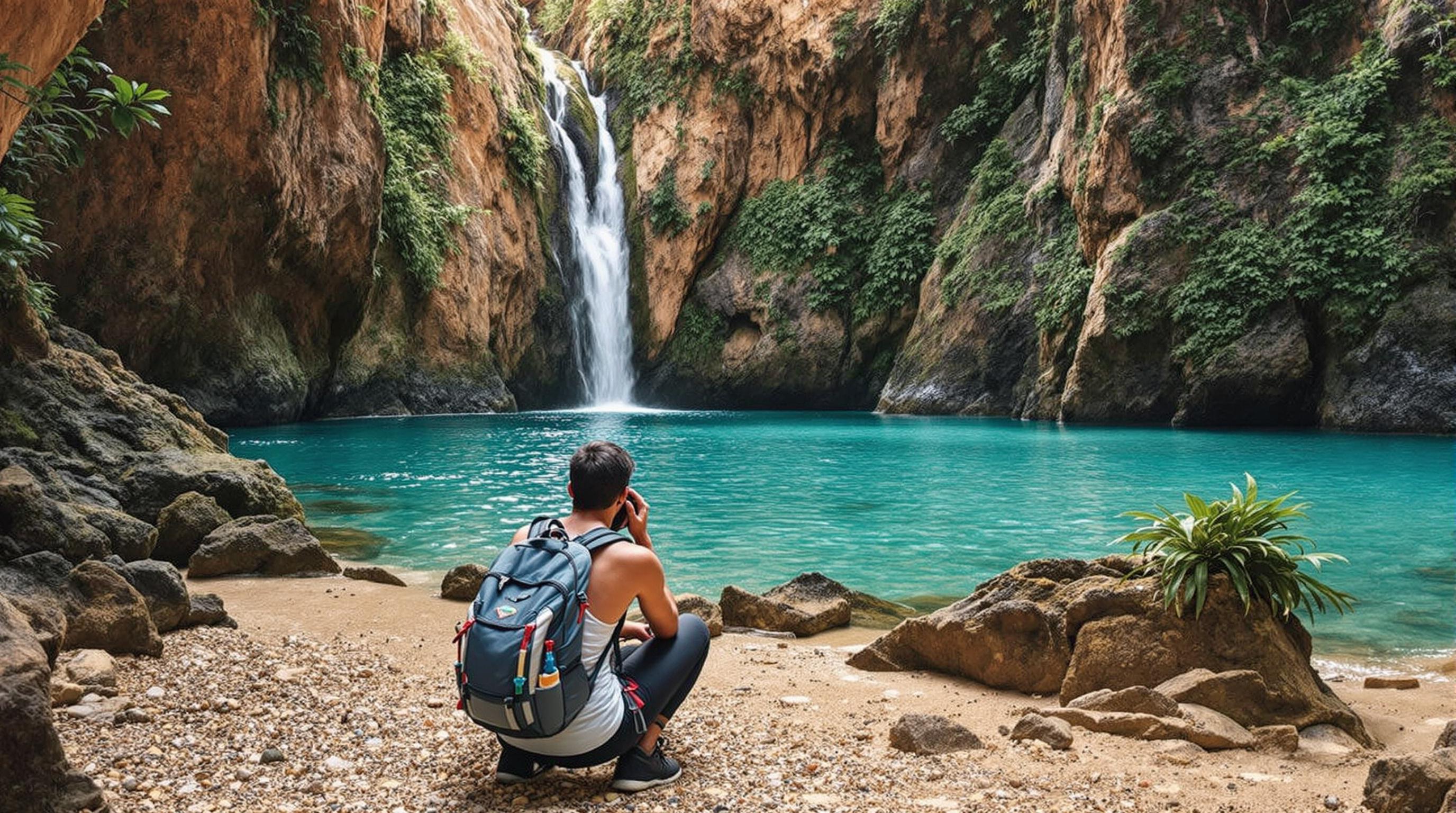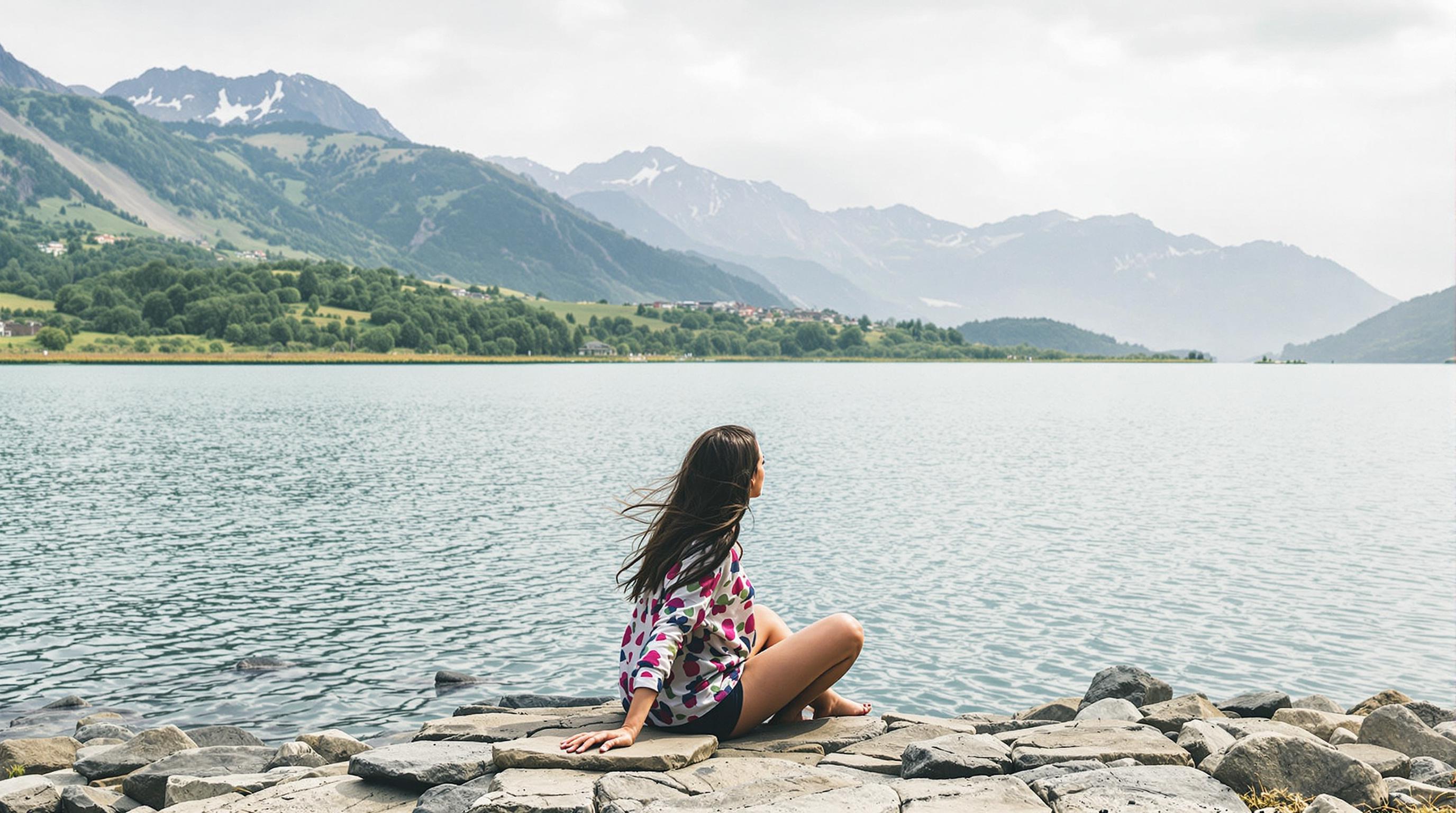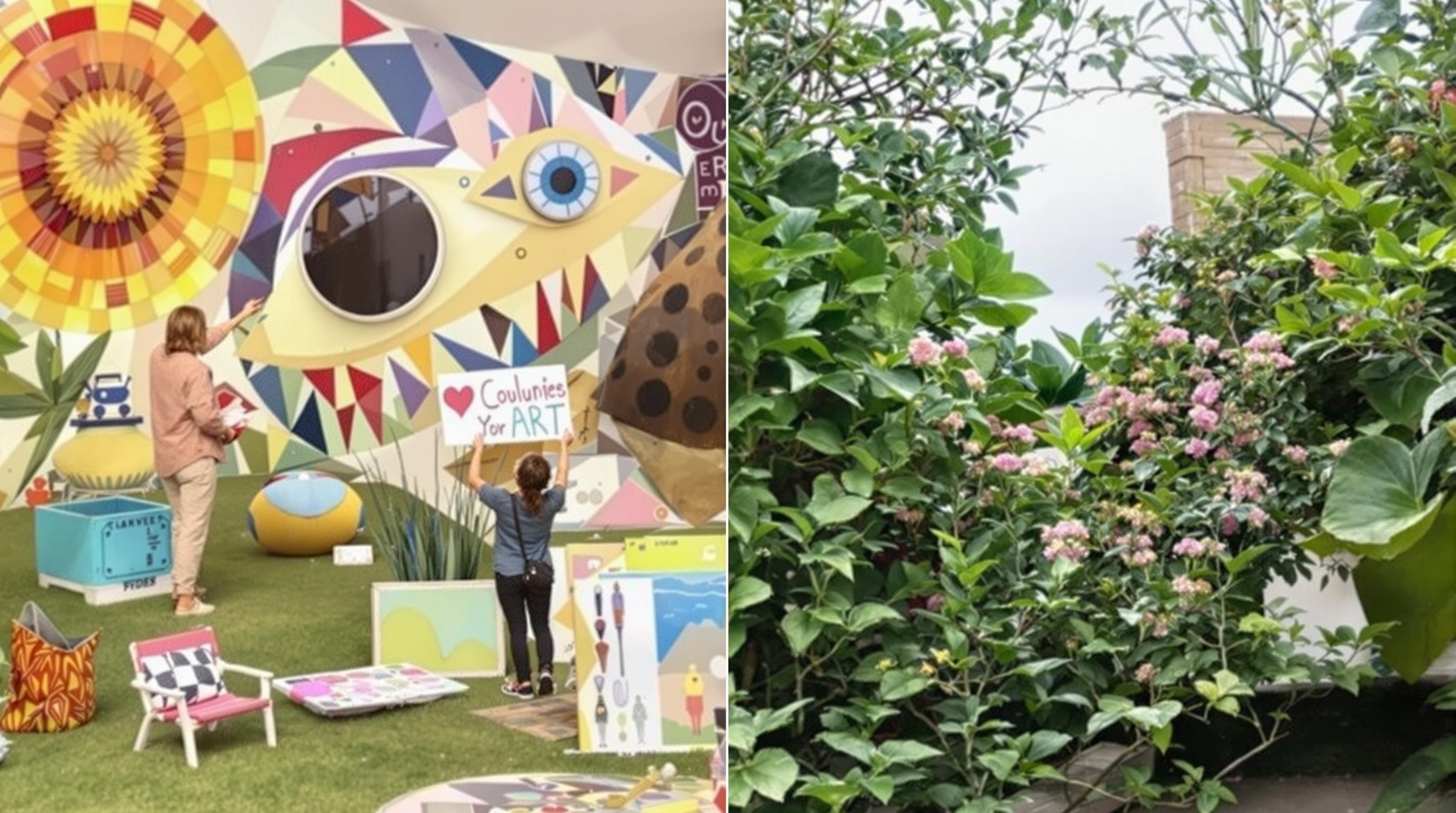Related Articles
- Uncharted Escapes: Navigating the Controversial Allure of Fringe Destinations and Their Untold Stories
- Uncharted Realms: The Surprising Intersection of Urban Legends and Adventure Travel in Offbeat Locations
- Curious Chronicles: Bizarre Transport Innovations Shaping Uncommon Explorations Across Unvisited Trails
- The Forgotten History of Eco-Adventuring: Learning from Indigenous Practices for Modern Exploration
- The Hidden Impact of Eco-Conscious Adventure Games on Environmental Education and Community Resilience
- Uncommon Routes: The Unexpected Appeal of Ghost Town Hikes in Eco-Friendly Exploration
The Forgotten History of Eco-Adventuring: Learning from Indigenous Practices for Modern Exploration
The Forgotten History of Eco-Adventuring: Learning from Indigenous Practices for Modern Exploration
The world of eco-adventuring is rife with opportunities to connect with nature, but it often overlooks the profound wisdom of Indigenous practices. By learning from these age-old practices, modern explorers can create more sustainable and respectful ways to engage with the environment.
The Roots of Eco-Adventuring
Eco-adventuring seems to be the new buzzword, like a trendy shirt you found at a thrift store—catchy but not entirely understanding of its origins. Starting in the 1970s, the eco-movement in exploration gained momentum alongside growing concerns for the environment and sustainability. However, this modern take on exploration often misses the comprehensive worldviews held by Indigenous cultures.
Indigenous Knowledge: A Goldmine for Modern Explorers
Did you know that Indigenous communities have been practicing sustainable land management for thousands of years? According to researchers, Indigenous people manage over 25% of the world's land, and they do so while preserving biodiversity and natural ecosystems (The Nature Conservancy). By diving into their practices, modern adventurers can learn the secrets to living harmoniously with nature.
Case Study: The Firestick Farming
One such fascinating practice is "firestick farming," traditionally used by Aboriginal Australians. This method involves using fire to manage landscapes, thus promoting new growth and sustaining wildlife. Researchers estimate that before colonization, these practices led to greater biodiversity, demonstrating significant benefits for ecosystems (Gammage, Bill. "The Biggest Estate on Earth: How Aborigines Made Australia"). It's the ultimate way of showing that controlled power can yield more fruit—both literally and metaphorically!
A Modern Twist on Exploration
Imagine your friends are gearing up for a weekend camping trip: tents, enough snacks to fuel Mount Everest, and, of course, Instagram-worthy gear. Now, what if they could experience these outdoor adventures while fostering respect for the cultural landscapes they traverse? Integrating Indigenous practices into eco-adventuring can turn a regular trip into something much more meaningful—stunning vistas, rich histories, and sustainable practices all rolled into one.
Meaningful Connections
Explorers often seek adventure for the thrill, but it’s about time they sought connection instead. When outdoor enthusiasts familiarize themselves with the traditional practices of the land and its first inhabitants, they cultivate a deeper understanding of the ecosystems they are exploring. For example, learning about the natural ink from various plant species can lead to a creative evening of cave art at the base of a stunning cliff face. What’s more adventurous than creating something timeless in nature’s canvas?
Travel with Intention
Statistics show that 93% of travelers are eager for meaningful, culturally immersive experiences, with eco-tourism being a significant aspect of this desire (Skyscanner, 2021). When modern adventurers embrace that yearning for meaning, they often make a positive impact on both the environment and local communities. A win-win situation, right?
Funny or Not? The Perils of Ignoring Indigenous Wisdom
The lack of respect for Indigenous practices can have catastrophic results—which isn't as funny as it sounds! Think of it as trying to bake a cake without reading the recipe: you may end up with something that neither looks nor tastes good. The same goes for eco-adventuring; ignore the wisdom of the first people, and you may find yourself walking into environmental disasters that could have been easily avoided.
One example of this was the introduction of non-native species for outdoor recreation in several national parks, leading to an overwhelming invasion that outcompeted native plants. This miss-step not only disrupted local ecosystems but complicated the lives of those who relied on these plants for sustenance and traditional practices.
Get Inspired by Successes
An inspiring example of modern adventurers learning from Indigenous wisdom is the annual “Plains Indigenous Sustainable Land Management Conference.” The event brings eco-conscious people together to share effective practices and stories of resilience. In 2023, over 500 participants traded their outdoor gear for traditional regalia as they celebrated culture, learning how reciprocal relationships with the land can lead to sustainable harvesting. The main takeaway? Collaboration and the exchange of ideas can reconceptualize how we think about the environment.
How Can You Get Involved?
Curious about how you can be part of this eco-adventuring renaissance? Look no further! Here are a few tips to integrate Indigenous knowledge and practices into your adventures:
- Research: Before venturing to a new area, research the Indigenous tribes whose land you're entering. Understanding their stories, languages, and land practices can provide valuable insights.
- Colaborate: Find local organizations that support Indigenous eco-tourism. This could lead to workshops or guided tours that deepen your connection to both the land and its people.
- Participate: Engage in volunteer programs focused on land restoration or conservation efforts. This not only helps the land you love but also introduces you to Indigenous methods of preservation.
Humor in the Wilderness
Who said learning about Indigenous practices can't be a riot? Imagine trying to teach your friends the subtle nuances of traditional fishing techniques as they struggle to cast their lines and reel them back in like they’re battling an octopus! You might just find that your biggest takeaway is not how to catch a fish, but how to savor the laughter had around the fire as you share stories of your epic fails!
In the Spirit of Adventure
As a 25-year-old passionate about eco-adventuring, I'm here to tell you that the journey is just as essential as the destination. Recent studies show that eco-travel has boomed by over 20% among millennials and Gen Z in the past five years, and I can ensure you that deepening our connection to the land through Indigenous practices can add new depth to this trend. So, I implore you: let go of the transactional mindset of exploring and embrace a new philosophy grounded in relationship-building.
Merging the Past with the Future
It's vital to remember that eco-adventuring isn't just a trend—it's a collective call to respect the land that has cradled countless ecosystems and stories before us. Indigenous perspectives can serve as vital touchstones, guiding modern adventurers in their quest for sustainable exploration.
Look Back to Move Forward
As we navigate our way through vast landscapes, let’s not forget to pause and reflect on the layers of history that lie beneath our feet. The beauty of eco-adventuring is that, while we gaze upon awe-inspiring views, we can simultaneously revel in the knowledge that our journey is interwoven with stories, wisdom, and practices that echo through time.
In Conclusion
In order to create a sustainable eco-adventuring culture, we must first embrace the legacies of Indigenous practices. By understanding their deep connections to nature, we can navigate the ever-changing landscapes of our planet not as conquerors, but as respectful caretakers. So, who’s ready to pack their bags with a little more purpose and inspiration for their next exploration?
